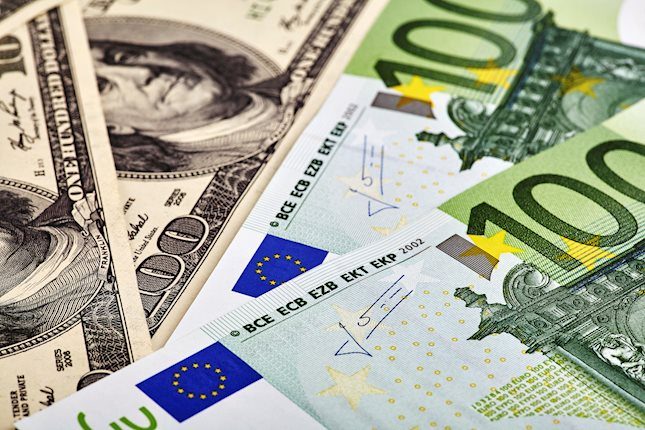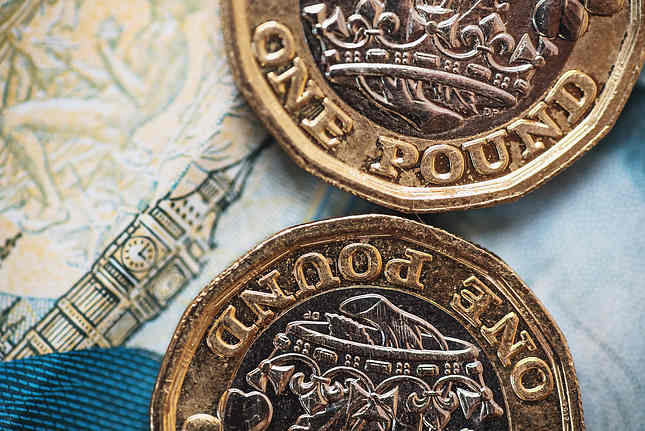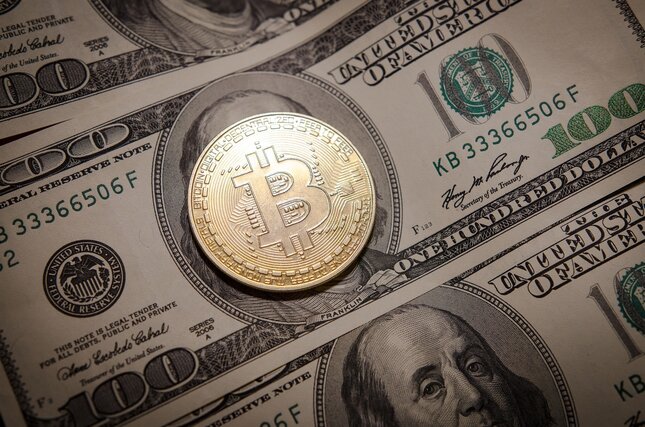Outlook:
Today’s US calendar includes Case Shiller house prices for July and the Chicago PMI, both expected down by a little. We also get the Conference Board consumer confidence, expected robust and thus an input into the early First Rate hike scenario of some. We continue to think we will be lucky to get a hike by end-Sept next year and not end-March, as this crowd imagines. Meanwhile, Canada reports July GDP.
We are impressed by the pro-democracy demonstrations in Hong Kong, which can only get bigger as the holiday starts tomorrow. The protesters believe China is breaking the hand-over pact from 1997 in which China agreed to let Hong Kong choose its own leaders—it is proposing only its own slate of Party-approved hacks. Experts on the Chinese government mind-set say China won’t dare to bring in tanks or otherwise cause a real ruckus, but also note that all internet-based social media is suspended—full-bore censorship. Long rum, this is not good for China’s growth rate, hot money inflows or reputation.
Another issue not really a FX driver but potentially critical is authentic opposition to ECB plans to en-gage in ABS and potentially QE. IFO chief Sinn, who doesn’t pull punches, has an op-ed in the FT to-day saying deflation is a precondition for restoring competitiveness in the southern tier, so the ABS/covered bond purchases expected at this week’s policy meeting are counter-productive. Worse, the paper the ECB will be buying is bad paper and Sinn agrees with former BBK officer Weber that the ECB is transforming itself into a “bad bank.”
It’s becoming a bailout agency, not a central bank. This time in particular, the ECB would be buying low-quality property-collateralized debt from banks. “The end of the property boom has left many private borrowers in southern Europe close to bankruptcy. The ECB’s plan to purchase their debt could end up transferring dozens if not hundreds of billions of euros from eurozone taxpayers to the creditors of these hapless individuals and companies.” German citizens are right to back their Constitutional Court chal-lenge to OMT (unlawful) and this further trampling of the ECB mandate.
The Sinn argument is lucid and compelling, and the only rebuttal would be an assessment of the quality of the assets. Keep an eye peeled for that. For Greece, we have unrelentingly bad news on the quality of debt. Bloomberg reports Greece meets with eurozone creditors today and tomorrow—Greece wants to exit the bailout early, although that seems improbable. And ekathimerini.com reports bad debts of households and companies are equal to about 90% of GDP.
“Non-performing loans at Greece’s banks have reached almost 80 billion euros, according to the coun-try’s Growth and Competitiveness Minister Nikolaos Dendias. To top that, Greek households and corpo-rations had overdue taxes of 69.2 billion euros in August, data from the public revenue secretariat show. Also, “collectible” social arrears to pension funds exceed 14.5 billion euros, according to labor ministry figures. ‘Some of this debt can never be recovered and should be written off,’ said Panos Tsakloglou, a professor at the Athens University of Economics and Business who was Greece’s representative in the working group of senior euro-area finance ministry officials until June.”
Here’s the kicker: “The Greek government may need to address the country’s private-debt crisis before it can convince its external lenders to give it additional relief measures. The government is seeking an early bailout exit after the end of the next compliance review by the troika -- the International Monetary Fund, the European Commission and the European Central Bank. It also wants to ask for a further easing of repayment terms on the emergency loans it received from the euro-area crisis fund. Be-fore getting there, however, it needs to convince the bodies that it is complying with commitments -- one of them being effectively dealing with bad private debt.”
We do not expect Greece to be the headline driver for the eurozone story—traders really hate reprising old crises that they have already half forgotten—but the private debt problem in Greece could well be mirrored elsewhere in Europe, exactly as IDO’s Mr. Sinn says. Spain may have made more progress, but where is Italy on this issue, or France? It looks like the ECB has a tough row to hoe come Thursday.
We are less worried about as strong ABS/covered bond buying plan restoring confidence in the ECB and giving the euro a lift. In fact, it’s hard to see what would give the euro a lift. Once we have another breakout move, and breaking toward the much-heralded 1.2500 is certainly a breakout move, it’s safe to get back into dollar waters—for a few days.
This morning FX briefing is an information service, not a trading system. All trade recommendations are included in the afternoon report.
Recommended Content
Editors’ Picks

EUR/USD clings to recovery gains near 1.0850 ahead of Fedspeak
EUR/USD trades in positive territory near 1.0850 on Friday following a four-day slide. China's stimulus optimism and a broad US Dollar correction help the pair retrace the dovish ECB decision-induced decline. All eyes remain on the Fedspeak.

GBP/USD pares UK data-led gains at around 1.3050
GBP/USD is trading at around 1.3050 in the second half of the day on Friday, supported by upbeat UK Retail Sales data and a pullback seen in the US Dollar. Later in the day, comments from Federal Reserve officials will be scrutinized by market participants.

Gold at new record peaks above $2,700 on increased prospects of global easing
Gold (XAU/USD) establishes a foothold above the $2,700 psychological level on Friday after piercing through above this level on the previous day, setting yet another fresh all-time high. Growing prospects of a globally low interest rate environment boost the yellow metal.

Crypto ETF adoption should pick up pace despite slow start, analysts say
Big institutional investors are still wary of allocating funds in Bitcoin spot ETFs, delaying adoption by traditional investors. Demand is expected to increase in the mid-term once institutions open the gates to the crypto asset class.

Canada debates whether to supersize rate cuts
A fourth consecutive Bank of Canada rate cut is expected, but the market senses it will accelerate the move towards neutral policy rates with a 50bp step change. Inflation is finally below target and unemployment is trending higher, but the economy is still growing.

Best Forex Brokers with Low Spreads
VERIFIED Low spreads are crucial for reducing trading costs. Explore top Forex brokers offering competitive spreads and high leverage. Compare options for EUR/USD, GBP/USD, USD/JPY, and Gold.